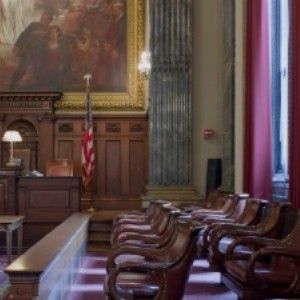How can someone be retried after a hung jury?

Despite what seems to be the plain intent and meaning of the prohibition against double jeopardy in the Constitution, courts have creatively interpreted the double jeopardy clause to give government prosecutors more power than was intended by the founders.
Courts have defined jeopardy as a concept that begins at a certain point in the legal process and ends at another point later in the legal process. The beginning of jeopard (i.e. when jeopardy "attaches") in a trial by jury is when the jury is sworn.
Jeopardy is said by the courts to terminate only when certain events take place. A hung jury is not among those events that courts consider to terminate jeopardy. Therefore, when there is a hung jury, courts have defined a retrial as permissible on the basis that it does not trigger a second state of jeopardy—it merely continues the original state of jeopardy.
Learn more about how government officials have weakened the protective role of the jury by narrowing down the prohibition against double jeopardy as it was originally intended by visiting the section on double jeopardy in FIJA's FAQ.
-
Estimated Convictions Obtained by Plea Bargain
97%
-
Extra Punishment for Refusing a Plea Deal
64%
-
Rank of U.S. in Incarceration
1
-
Years FIJA Has Fought for Jury Rights
36


